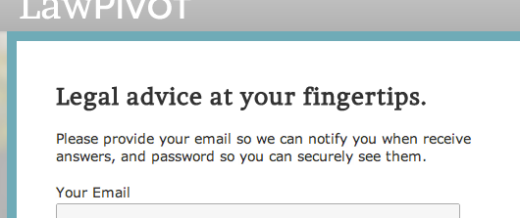Here’s a phenomenon: sometimes you look at companies who have inordinate amounts of cash and immense headcount, and as an outsider you see nothing changing at the company: not the product, not the messaging, not the design, not the product offering. You peek inside the company, and everyone is busy. Doing things. Working hard. What are they doing?
Then you look at a startup that has no money and no more headcount than the fingers on your hand. And they drastically reinvent themselves every month, put out press, try new business models, forge new partnerships, and generally feel like they are making progress.
There’s a paradox here, is there not? What’s going on?
When companies mature they shift focus defining who they are to optimizing who they are. On the surface that makes sense. Once you’ve found a model that works, why mess with it? Once you’ve identified internal inefficiencies, why not fix them? Let’s get beter at what we do! To the outsider, the company is doing absolutely nothing. To the insider, everyone is working like mad.
The mistake that’s being made is adopting a culture of improvement over reinvention. They take the same input and produce vastly different quantities of externally observable output.
